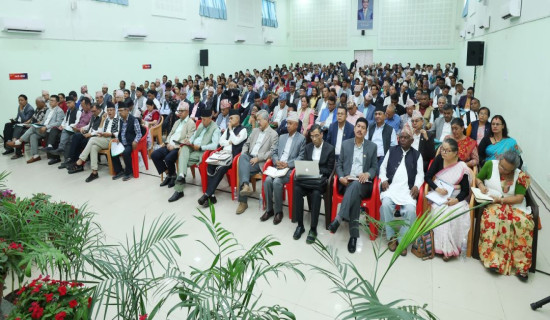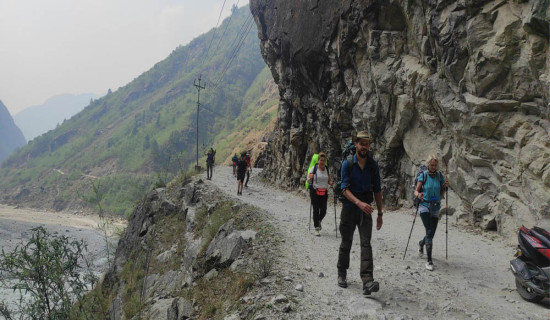- Monday, 21 July 2025
Jeju Air crash linked to pilot mistake in engine shutdown, report finds
By Gwak Rae-gon, Park Sang-hyun, Kim Seo-young (THE CHOSUN Daily), July 21: South Korea’s Aviation and Railway Accident Investigation Board (ARAIB) concluded in its interim report that the Jeju Air crash at Muan International Airport last December, which killed 179 people, was caused by the pilot mistakenly shutting down the wrong engine.
The ARAIB presented these findings to victims’ families during a briefing at Muan Airport on July 19. The aircraft’s two engines had been sent to France in March for detailed analysis, and investigators explained that the shutdown of the functioning left engine caused a complete loss of the aircraft’s main power.
The board had planned to release the findings to the press immediately after the family briefing, but cancelled the announcement following strong objections from the families. One family member told the Chosun Ilbo, “The board is ignoring issues like the concrete slope at the runway’s end and possible mechanical defects, and is simply blaming the pilot, which we cannot accept.”
According to the report shared with the families, the pilot should have shut down the right engine, which was severely damaged by a bird strike, but instead turned off the left engine that was still operating. As a result, the aircraft lost power from both engines, and the landing gear failed to deploy properly. Cockpit voice recordings captured the pilot saying “shut down engine number two,” referring to the right engine, but flight data showed that engine number one on the left had been shut down. This indicates the pilot may have confused the two engines under pressure.
The investigation team confirmed that the left engine itself had no defects. ARAIB found the engine’s electronic control system was functioning normally, concluding the shutdown resulted from manual action rather than a system failure.
The direct cause confirmed so far of the crash was a collision with a flock of wild ducks during the plane’s approach to the runway. At 8:57 a.m. on Dec. 29 last year, Muan Airport air traffic control warned the flight of bird activity. One minute later, at 8:58 a.m., the pilot reported a bird strike, issued a mayday call, and announced an aborted landing. Video footage later showed flames erupting from the right engine after it ingested the birds. During the investigation, feathers and traces of blood from ducks were found in both engines.
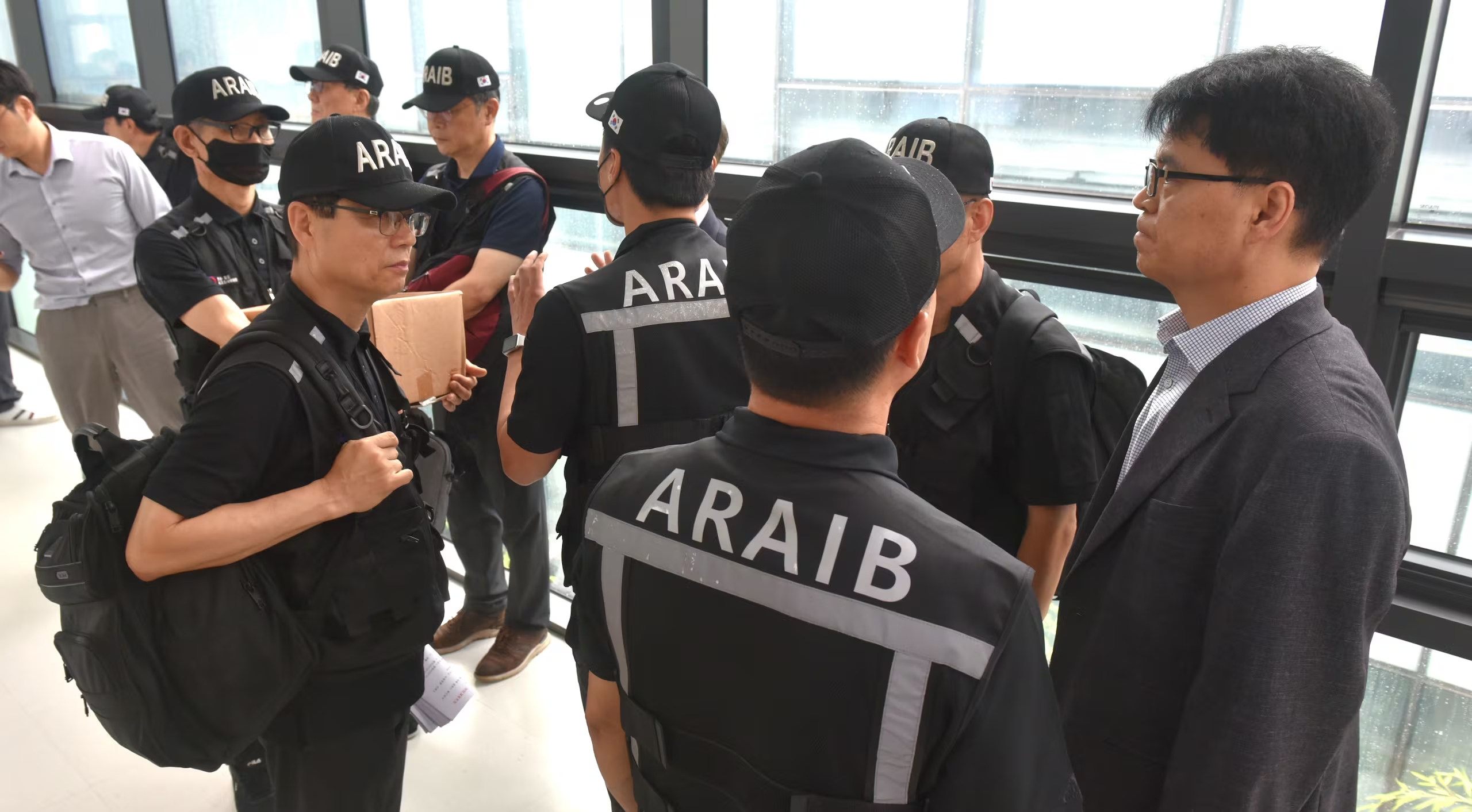
Officials from the Aviation and Railway Accident Investigation Board (ARAIB) wait outside a briefing room at Muan International Airport on July 19, 2025, as victims’ families protest ahead of the engine investigation briefing for the Dec. 29 passenger plane crash. /News1
Initial interpretations had assumed that the bird strike damaged both engines, leading to electrical and hydraulic failures that prevented the landing gear from deploying and forced the pilots to perform an emergency belly landing. However, the latest findings state that the left engine failure was due to pilot error rather than bird impact.
Investigations revealed the pilot pulled the fuel cutoff switch on the left engine instead of the right during emergency procedures. The pilot also activated the fire extinguisher for the left engine, which permanently disables that engine from being restarted in flight. Since the right engine was already damaged and powerless, shutting down the left engine resulted in a complete loss of engine power.
Such critical mistakes, while rare, have occurred in the past. In 2015, TransAsia Airways Flight 235 crashed shortly after takeoff from Taipei when the pilot shut down the wrong engine, leading to the deaths of 43 of the 58 people on board.
The ARAIB also confirmed that the landing gear lever had not been activated, suggesting the pilot did not attempt to deploy the wheels. The agency said it would investigate the pilots’ emergency training and preparedness further.
Victims’ families have strongly criticised the findings, saying the board is placing all the blame on the pilots. They argued that the report failed to mention the concrete embankment at the end of the runway, which they believe worsened the outcome of the crash.
The Jeju Air pilots’ union on July 20 also issued a statement accusing the ARAIB of focusing solely on pilot error. Critics argue the findings effectively absolve the Ministry of Land, Infrastructure and Transport and the Korea Airports Corporation, both currently under police investigation for the crash.

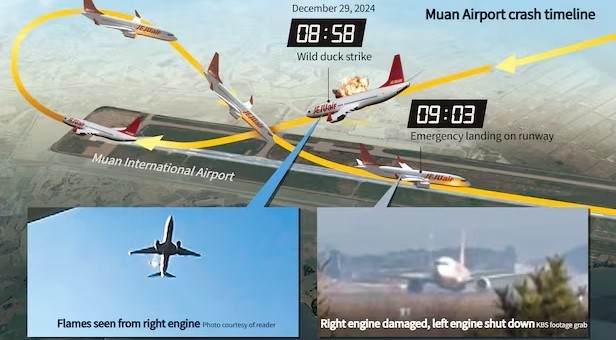

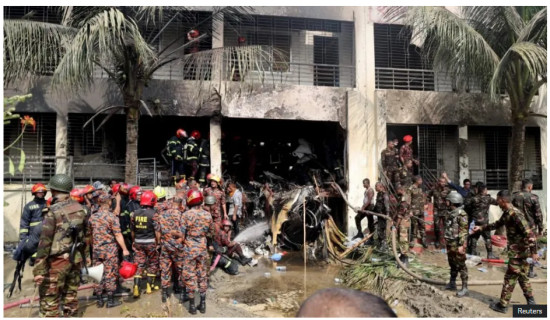
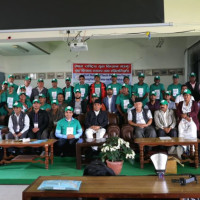

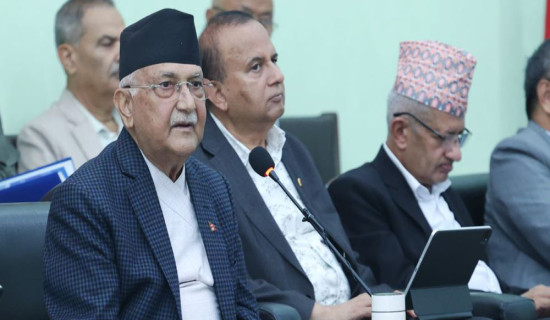
-square-thumb.jpg)
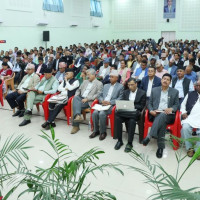

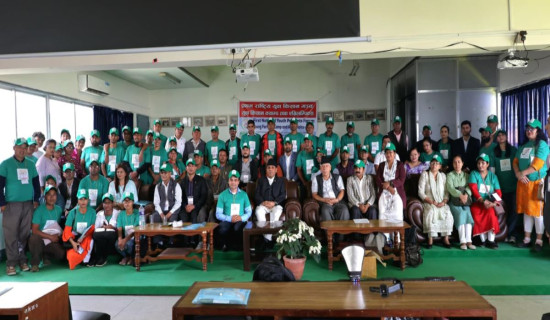

-original-thumb.jpg)

